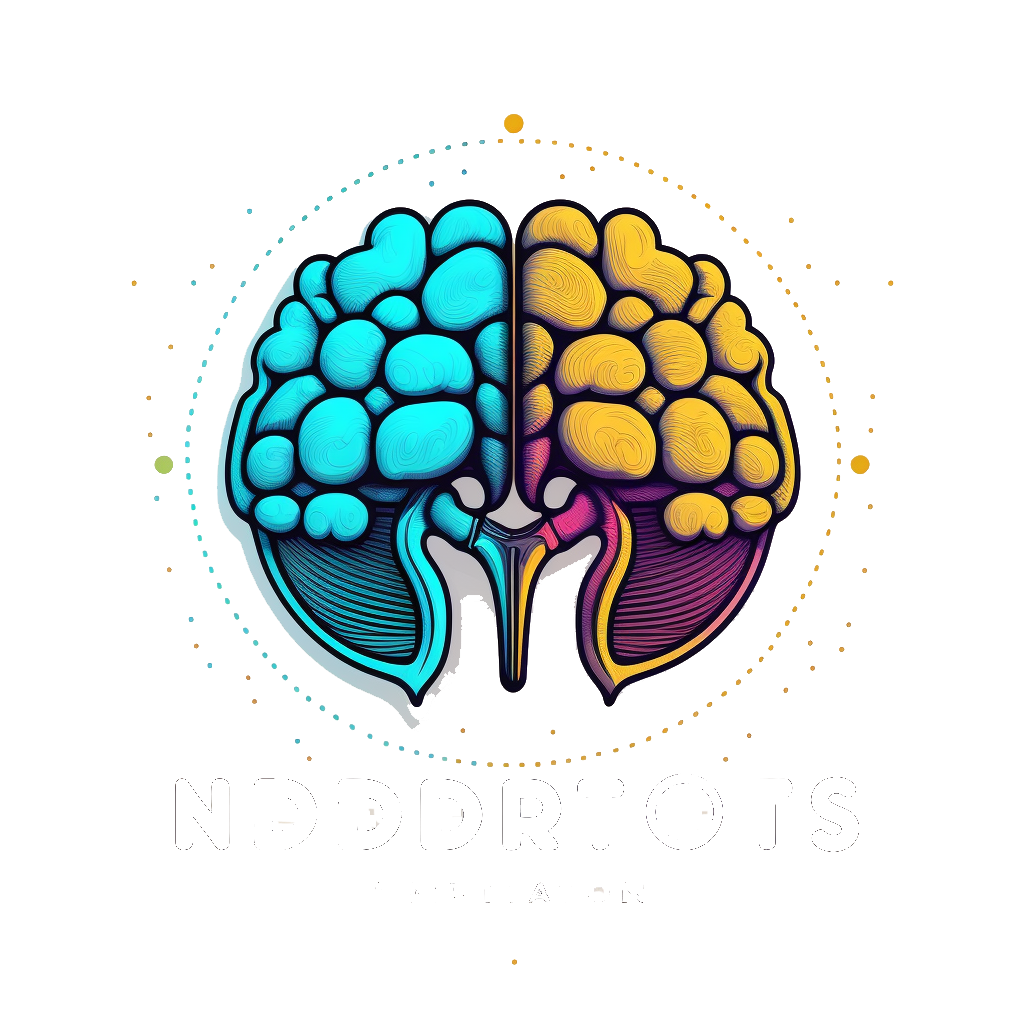Ginkgo biloba is a popular herbal supplement derived from the leaves of the Ginkgo tree. Known for its distinctive fan-shaped leaves and remarkable longevity, the Ginkgo tree has been revered in traditional medicine for centuries. Ginkgo biloba extract is now widely used as a nootropic, believed to enhance cognitive function and provide various other health benefits.
Ginkgo biloba contains a combination of active compounds, including flavonoids and terpenoids, which are believed to contribute to its therapeutic effects. These compounds have antioxidant and anti-inflammatory properties, and they are thought to support healthy blood flow and neuronal activity in the brain.
Top 3 Benefits of Ginkgo Biloba as a Nootropic
- Improved Cognitive Function: Ginkgo biloba is most commonly associated with its potential to enhance cognitive function. It may improve memory, attention, and overall mental performance. Some studies have shown that Ginkgo biloba extract can enhance working memory, particularly in older adults. It may also support brain health by reducing oxidative stress and inflammation, both of which can contribute to cognitive decline.
- Increased Blood Flow and Oxygenation: Ginkgo biloba is believed to enhance blood circulation, particularly in small blood vessels and capillaries. This increased blood flow can enhance oxygen and nutrient delivery to the brain, improving brain function and cognitive performance. By promoting optimal blood flow, Ginkgo biloba may help reduce mental fatigue and support mental clarity and alertness.
- Anti-Anxiety and Mood Enhancement: Ginkgo biloba has been found to have potential anti-anxiety and mood-enhancing effects. It may help reduce symptoms of anxiety and stress, promoting a sense of calm and relaxation. Additionally, Ginkgo biloba extract may have a positive impact on mood by influencing neurotransmitters such as serotonin and dopamine, which play crucial roles in regulating emotions and well-being.
Recommended Dosage of Ginkgo Biloba
The optimal dosage of Ginkgo biloba can vary depending on factors such as age, health condition, and individual response. It is generally recommended to start with a lower dosage and gradually increase if needed. Typical dosages range from 120 to 240 mg per day, divided into two or three doses.
It’s important to note that Ginkgo biloba may interact with certain medications, such as blood thinners and anti-seizure medications. Therefore, it is advisable to consult with a healthcare professional before starting Ginkgo biloba supplementation, especially if you have any underlying medical conditions or are taking other medications.
History and Research of Ginkgo Biloba
Ginkgo biloba has a rich history of use in traditional Chinese medicine, where it has been valued for its medicinal properties for over 1,000 years. Its use as a medicinal herb spread to Europe in the 18th century, and it has since gained popularity worldwide.
Numerous studies have investigated the potential cognitive benefits of Ginkgo biloba, particularly in the areas of memory enhancement and cognitive decline associated with aging. While some studies have shown positive results, the overall evidence is mixed, and more research is needed to establish the efficacy of Ginkgo biloba as a nootropic.
Safety and Side Effects
Ginkgo biloba is generally considered safe for most individuals when used as directed. However, some people may experience mild side effects, including gastrointestinal discomfort, headaches, dizziness, or allergic reactions. Ginkgo biloba may also increase the risk of bleeding, so it is important to exercise caution if you have a bleeding disorder or are taking blood-thinning medications.
